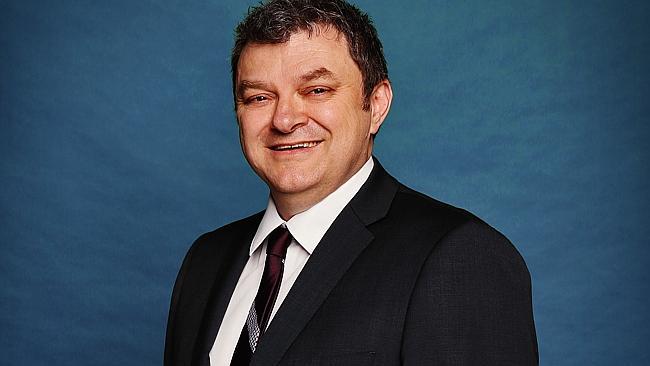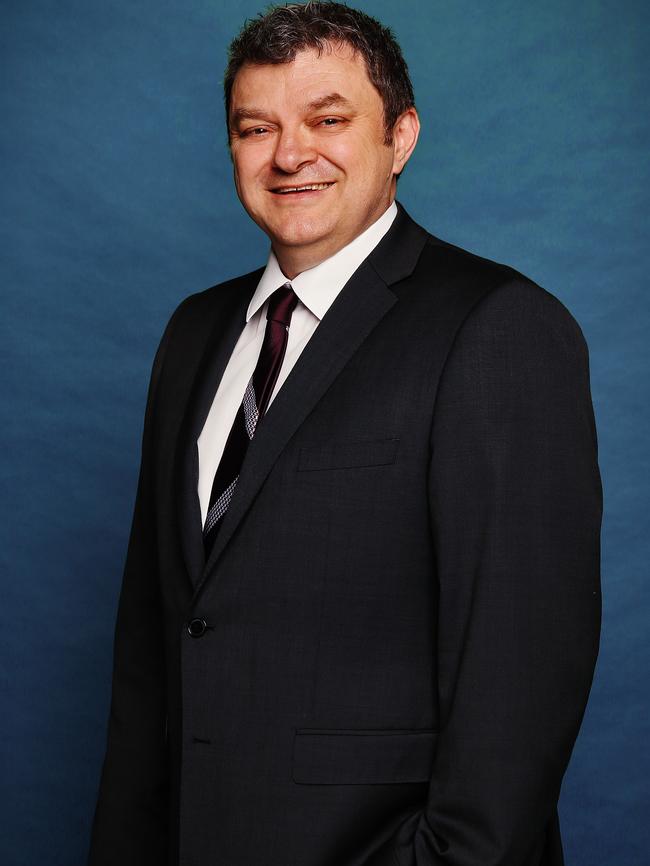Parents urged to talk to their kids and look for signs of youth suicide as Can We Talk campaign continues
THE story of Jessica Tolhurst, that we reveal for you today, reinforces the need for us to continue the Can We talk program and our commitment to covering youth suicide in our news pages.

Opinion
Don't miss out on the headlines from Opinion. Followed categories will be added to My News.
- Gorgeous teen loses her battle with depression
- Break the teen suicide taboo
- Sunday Telegraph editor Mick Carroll talks about teen suicide
- The tragic end to a 16-year-old’s life
IN November 2014, The Sunday Telegraph began a campaign trying to encourage people to talk about youth suicide.
We pointed out then it was a topic traditionally considered taboo and private. However, the strategy of hiding the level of pain and sadness that was driving young children to take their own lives was ineffectual.
Too many young people are committing suicide because they don’t see any other options.

A significant part of the problem was that no-one was prepared to talk to them about how they were feeling and giving them options on how to deal with it.
No-one is pretending these conversations are easy, nor are we suggesting they will stop all youth suicides from occurring. But Can We Talk, and other campaigns just like it, has been successful is putting youth suicide front and centre of public debate.
A series of forums in Sydney and regional areas last year connected worried parents with organisations that can help them.
The story of Jessica Tolhurst, that we reveal for you today, reinforces the need for us to continue the Can We talk program and our commitment to covering youth suicide in our news pages.
Jessica was 14 and she took her own life on December 4 after a long battle with depression, and most recently, bullying. Being bullied in itself is not considered a cause of suicide.
Generally, bullies single out vulnerable people who are often already isolating themselves and battling private demons.

However, the bullying exacerbates the pressures and the feeling of hopelessness.
The key for families, schools and those in the mental health industry is to recognise the signs and act on them.
In Jessica’s case, her family is feeling let down by a system that didn’t adequately deal with the issues of her wellbeing and personal safety they say they raised on numerous occasions.
The suicide death of a young person is always going to result in a search for answers and the apportioning of blame.
The important message Jessica’s family have for all parents is to try to learn from the experiences of others and prevent other young deaths.
In an emotional interview with our reporter this week, Jessica’s stepdad Dave urged parents not to ignore the danger signs.
“You’ve just got to keep giving, keep living, and hope they’ll eventually come around. You’ve got to be able to get inside their head,” he said.
“Give them hope. Never think it’s not going to happen to you, that’s the biggest thing I can say.”
One of the things Can We Talk has highlighted to us is that mental ill-health does not discriminate, and it is impossible to overreact to key symptoms in young people.
If you are worried, seek help and let the experts decide if you are overreacting.
They in turn can assist you in making sure their schools, the police and other authorities provide appropriate support. The only way we can beat this thing is to work together.


